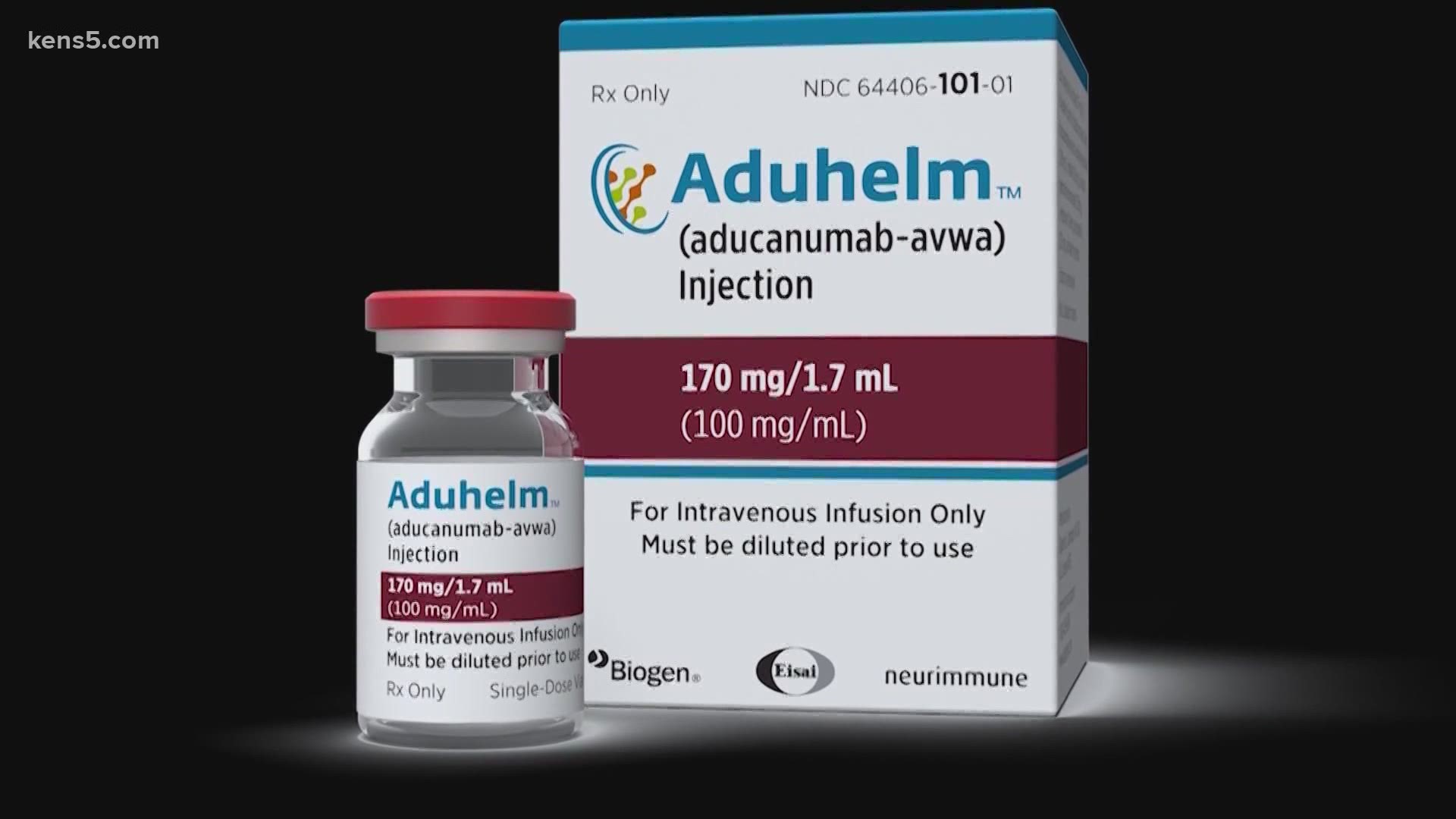
On Tuesday, the Centers for Medicare and Medicaid Services announced coverage approval for a debatable Alzheimer’s medication, but there will be restrictions. Aduhelm has been approved for Alzheimer’s treatment for individuals who are participating in clinical trials. The agency stated that it will make a final decision in April and public comment for the proposal is open for 30 days.
Aduhelm is under controversy. A number of health systems don’t offer Aduhelm because there isn’t enough evidence on the drug’s efficacy. However, the coverage approval from Medicaid could cause a rise in the demand of the medication.
Biogen is the manufacturer of Aduhelm. The company released a statement that said the draft denies access to individuals with Alzheimer’s. Biogen stopped late-stage clinical trials for the drug citing that it would not sufficiently treat cognitive decline in those with Alzheimer’s. However, Biogen released a statement several months after the clinical trials were stopped that said Aduhelm could be an effective treatment if given at higher doses.
There are more than 6 million individuals with Alzheimer’s living in the United States. According to Biogen, roughly 50,000 individuals may receive treatment via Aduhelm in 2022. The debate surrounding the drug is controversial because it doesn’t reverse or cure the disease. It’s debatable if the drug slows cognitive decline by significantly reducing amyloid clumps.
If the proposal goes through, then the national coverage policy would require that regional Medicare administrators approve coverage for treatment on a case-by-case basis. Because of the rapid approval of Aduhelm, Biogen is to conduct follow-up clinical trials to determine its effectiveness.
The high cost of the drug has caused a significant increase for Medicare Part B premiums in 2022. Part B covers outpatient services. Xavier Becerra from the Health and Human Services urged CMS to consider cutting the cost of premiums for 2022.
The drug isn’t supported in other parts of the world. According to a statement from the European Medicines Agency, the drug shouldn’t be allowed on the market. The statement explained that while the drug reduces amyloid clumps, there isn’t enough data on its effectiveness.
Dil Bole Oberoi





